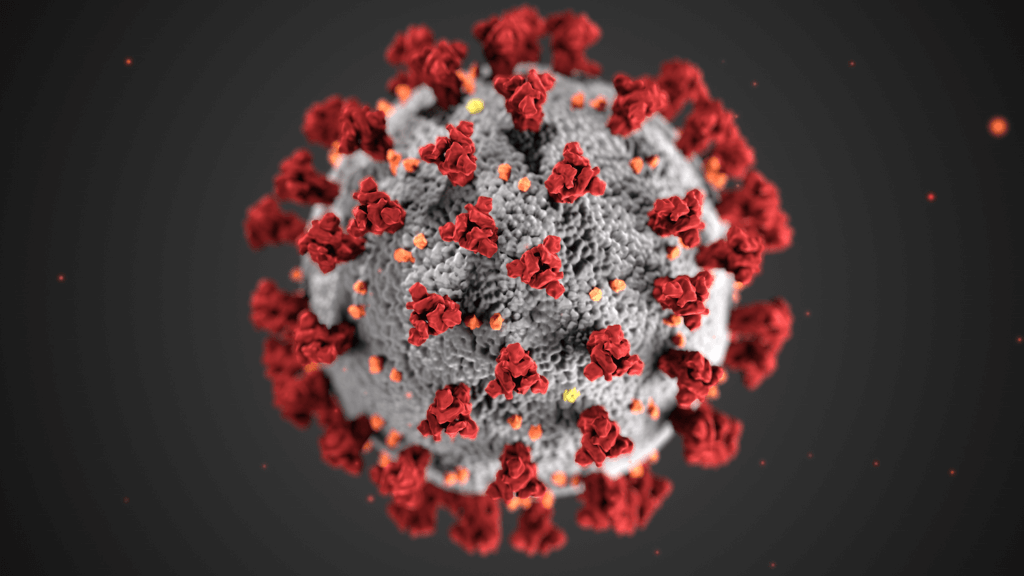Study finds some physicians using unnecessary, potentially harmful imaging for lower back pain

When a person is suffering from acute lower back pain, imaging, such as radiography, CT scans or MRIs, can actually do more harm than good, some studies have shown.
Despite recommendations against the practice by numerous medical societies, a new review of Texas Medicare claims data by researchers at the University of Texas Medical Branch at Galveston found that about a third of patients get some sort of imaging. The findings were published in a paper in the Journal of General Internal Medicine.
Alai Tan, M.D., Ph.D., an assistant professor in the Institute for Translational Sciences and the department of preventive medicine and community health at UTMB, and a group of UTMB researchers looked at information from more than 145,000 patients 66 and older suffering from non-specific acute low back pain. They tracked how many patients received lumbar imaging within four weeks of their initial visit.
They found that almost one third of patients received radiography and 11 percent received CT scans or MRIs within four weeks of the initial visit. Primary care providers varied widely in imaging use, the study found.
It’s a serious issue because those receiving the images could be harmed, Tan said.
Patients with episodes of acute back pain generally get better without specific treatment. Randomized controlled trails have found no significant benefits from imaging but there is the potential for harm. Imaging may detect abnormalities unrelated to the pain that can lead to additional tests and interventions that do not improve outcomes. Patients are also exposed to radiation unnecessarily.
“The large variation among primary care physicians is of concern,” Tan said.
She said she hoped this study would provide feedback to physicians and help them see how they are performing and how they may need to modify their practice.
“A barrier to quality improvement is that physicians are generally unaware of their quality relative to their peers,” Tan said. “Providing feedback to physicians on their performance can raise awareness and motivate physician to improve.”




